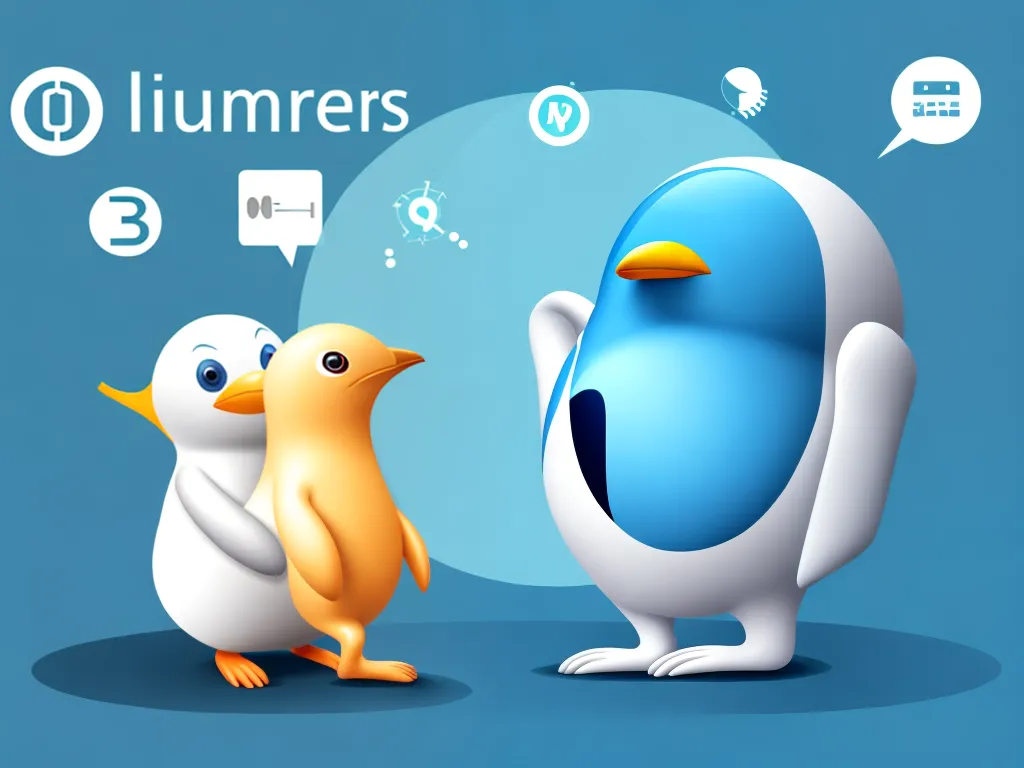
Introduction
Linux is a powerful open-source operating system that is extremely popular among developers and programmers. As a beginner programmer, learning how to use Linux can greatly benefit your programming workflow and open up new possibilities. In this guide, I will provide an overview of Linux and give beginners practical tips for leveraging Linux as a programming environment.
Why Use Linux for Programming?
Here are some of the main reasons why Linux is a great choice for programming:
-
Open source – Linux is open source, meaning you can view and modify the source code. This allows for tremendous customizability and transparency.
-
Powerful command line – Linux provides a robust command line interface to control your system and automate tasks. This is ideal for programmers.
-
Development tools – Linux has fantastic built-in programming tools like gcc, make, gdb, etc. Installing dev tools is easy.
-
Customization – You can fully customize your Linux environment to suit your exact needs as a programmer.
-
Stability – Linux systems are known for stability and reliability. Less crashes and issues.
-
Community – Linux has an enormous community of developers who are quick to offer support.
Getting Started with Linux
If you’re brand new to Linux, don’t worry – it’s easier to get started than you might think. Here are some tips:
-
Choose a beginner-friendly distro – Try Ubuntu, Linux Mint, or Zorin OS. Avoid Arch or Gentoo for now.
-
Use virtualization – Tools like VirtualBox let you run Linux virtually inside your existing OS. Lower risk.
-
Dual boot – Having Linux side-by-side with Windows works too. Just partition your hard drive.
-
Use online IDEs – Cloud IDEs like Repl.it provide Linux environments instantly.
-
Find a mentor – Having an experienced Linux user guide you can help overcome initial hurdles.
-
Take tutorials – Follow beginner Linux tutorials to grasp the fundamentals.
Key Linux Concepts
Here are some foundational Linux concepts any beginner programmer should understand:
The Linux Filesystem
-
Linux organizes files in a hierarchical tree structure starting at the
/(root) directory. -
Top level directories like
/home,/usr,/varcontain subdirectories. -
File paths specify locations starting from
/. e.g./home/user/docs/file.txt -
Linux is case sensitive –
File.txtandfile.txtare different files.
Permissions
-
All files have permissions for owner, group, and world.
-
Permissions control read, write, and execute access.
-
Use
chmodto modify permissions. e.g.chmod 755 file.txt
Package Management
-
Packages bundle up software in an easy to install format.
-
Systems like APT (Debian/Ubuntu) and RPM (Fedora/CentOS) manage packages.
-
Use
aptoryumto install/remove packages. Keeps things organized.
The Shell
-
The shell provides the command line interface to Linux.
-
Popular shells include bash, zsh, fish.
-
Shell scripting allows automating repetitive tasks.
Processes
-
Linux is a multitasking system running many processes.
-
psandtopprovide visibility into running processes. -
Kill misbehaving processes with
kill. -
&runs processes in the background.
Essential Programming Tools
Linux offers top-notch programming tools right out of the box. Here are some of the most useful ones to learn:
gcc/g++
-
The GNU Compiler Collection – compiles C, C++, and other languages.
-
Beginners can build simple programs with
gcc hello.c -o hello
make
-
The
makeutility automates building projects by tracking dependencies. -
Define build rules in a Makefile. Then run
maketo compile.
git
-
Git is the most popular version control system among programmers.
-
Track changes in your code, collaborate with other devs.
-
GitHub provides free remote Git hosting.
vim/nano
-
vim and nano are command line text editors ideal for coding.
-
Strong vim skills boost productivity for devs working without IDEs.
gdb
-
The GNU debugger is the de facto standard for debugging Linux programs.
-
Invoke as
gdb executable_nameand use commands likerun,next,breakpoint
Terminal Multiplexers
-
Tools like tmux and screen allow multiple shell sessions inside one terminal.
-
Great for running tasks in the background and accessing them later.
Customizing Your Programming Environment
A major benefit of Linux is being able to fully customize your programming setup. Here are some ways to tailor Linux to your needs:
Choosing a Window Manager
-
Replace the default window manager with one like i3, Awesome, Xmonad for programming productivity.
-
Lightweight tiling window managers save screen real estate.
Installing IDEs
-
Choose from IDEs like Eclipse, NetBeans, IntelliJ (Java), PyCharm, Spyder etc.
-
Use package management or installers from vendor website.
Dotfiles
-
Dotfiles like .bashrc let you customize your shell, aliases, environment variables, etc.
-
Store your dotfiles in Git to sync settings across machines.
Automation
-
Automate workflows with
cronscheduling, and tools like Ansible, Puppet, Chef. -
Save time on repetitive tasks like deployments, provisioning.
Good Programming Habits on Linux
Following good habits will make you a more effective programmer on Linux:
-
Learn to navigate the filesystem from the command line.
-
Make use of keyboard shortcuts to work efficiently.
-
Streamline commands with aliases, shell functions, dotfile scripts.
-
Manage projects under version control with Git.
-
Comment code thoroughly. Document processes.
-
Automate recurring tasks with scripting.
-
Monitor system resources to troubleshoot performance.
-
Back up your work externally. Store critical files in multiple places.
-
Read man pages to understand commands and concepts.
-
Learn by examining open source program code.
Conclusion
Linux offers an extremely rich environment for programming. With its excellent tools, customizability, and vibrant community, it’s a great OS for any aspiring developer. Start with the fundamentals, practice the essentials like the shell, compiler toolchain, and version control. Before long, you’ll be leveraging the power of Linux to boost your programming productivity.












